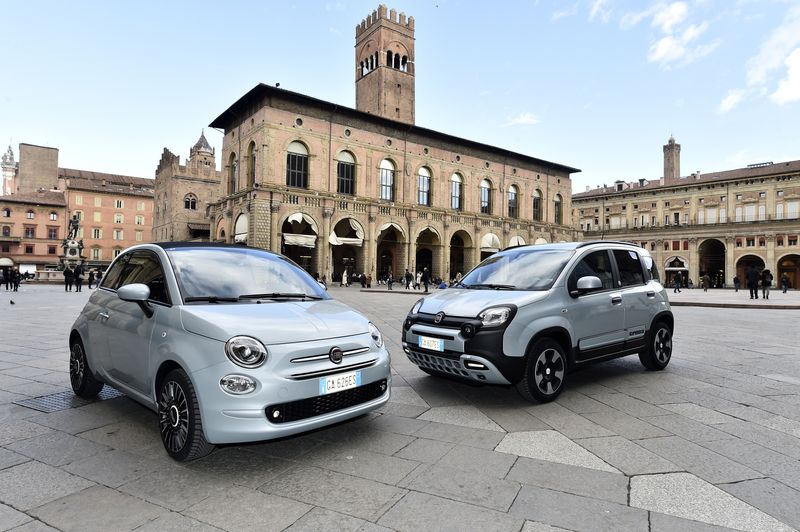By Foo Yun Chee
LUXEMBOURG (Reuters) - Fiat Chrysler on Tuesday won its fight against an EU order to pay 30 million euros ($30 million) in back taxes to Luxembourg, dealing a major setback to antitrust chief Margrethe Vestager's crackdown on sweetheart deals between EU countries and multinationals.
In her 2015 decision, Vestager said Luxembourg had granted Fiat Chrysler, now part of Stellantis, an unfair tax advantage by endorsing artificial and complex methods that artificially lowered the company's taxes.
A lower tribunal in 2019 backed her decision. The Court of Justice of the European Union (CJEU), however, disagreed with its judgment.
Stellantis said in a statement that it was pleased that the Court of Justice had confirmed the carmaker's view that the Commission was wrong to consider its tax ruling to be unlawful state aid.
Vestager said in a tweet the ruling was "a big loss for tax fairness".
Judges faulted the EU competition watchdog for its analysis of the reference system used to determine whether Luxembourg had given a selective advantage to Fiat.
"Only the national law applicable in the member state concerned must be taken into account in order to identify the reference system for direct taxation, that identification being itself an essential prerequisite for assessing not only the existence of an advantage, but also whether it is selective in nature," they said.
Vestager's high profile cases include her record 13-billion-euro tax order for Apple (NASDAQ:AAPL) and Amazon (NASDAQ:AMZN)'s Luxembourg deal. Both subsequently won their challenges at a lower tribunal. The Commission has appealed to the CJEU, with rulings due in the coming years.
Vestager is investigating Swedish furniture retailer Ikea and U.S. sportswear maker Nike (NYSE:NKE)'s Dutch tax deals, Finnish food and drink packaging company Huhtamaki's tax deal with Luxembourg and Belgium's tax rulings on 39 multinational companies.
Last year, nearly 140 countries agreed to a 15% global minimum corporate tax to take better account of the emergence of big digital companies that can book profits in low-tax countries, making it the biggest overhaul of cross-border tax rules in a generation. Countries are now drawing up plans to turn the agreement into law.

The cases are C-885/19 P and C-898/19 P.
($1 = 1.0005 euros)